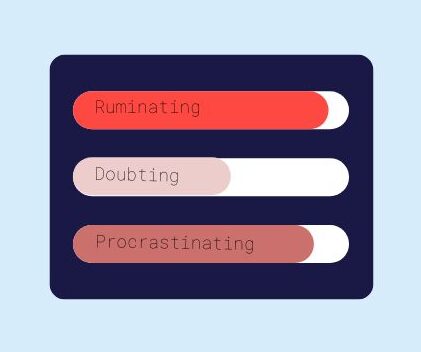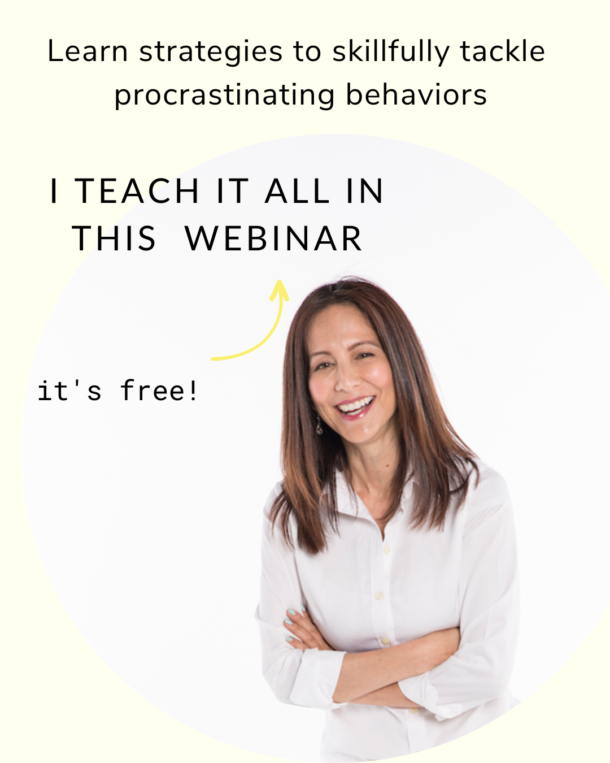
Somatosensory OCD is a specific type of OCD, also referred as hyperawareness OCD or sensorimotor OCD.
This type of OCD includes intrusive obsessions about “involuntarily bodily sensations.” For instance, if you were struggling with this sensory motor OCD you will be focusing on your breathing, heartbeat, swallowing, the amount of saliva in your mouth, the sound you hear when swallowing or chewing, itching, tongue moves when speaking or eating. Other individuals may obsess about sensations in the bladder, stomach, or digestive system.
Specific compulsions for sensorimotor OCD generally involve monitoring of the quality and frequency of these involuntarily bodily sensations or attempting to control them. Specific examples of compulsions include making sure that every breath is a “full breath,” or whether breathing is shallow or deep, or noticing the quality every time you blink, paying excess attention to how your tongue moves when eating or speaking, how your teeth feel when your mouth is closed, or noticing your pulse in particular at night, to name a few. Although the most compulsions associated with sensorimotor OCD involves overt compulsions, such as the ones mentioned above, mental compulsions can occur as well such as repeating certain words, counting, having “positive thoughts,” to name some (Keuler, 2011).
Exposure Response Prevention (ERP) continues to be the frontline treatment for all types of OCD.
Click in this link to take our free and confidential self-assessment on OCD.







